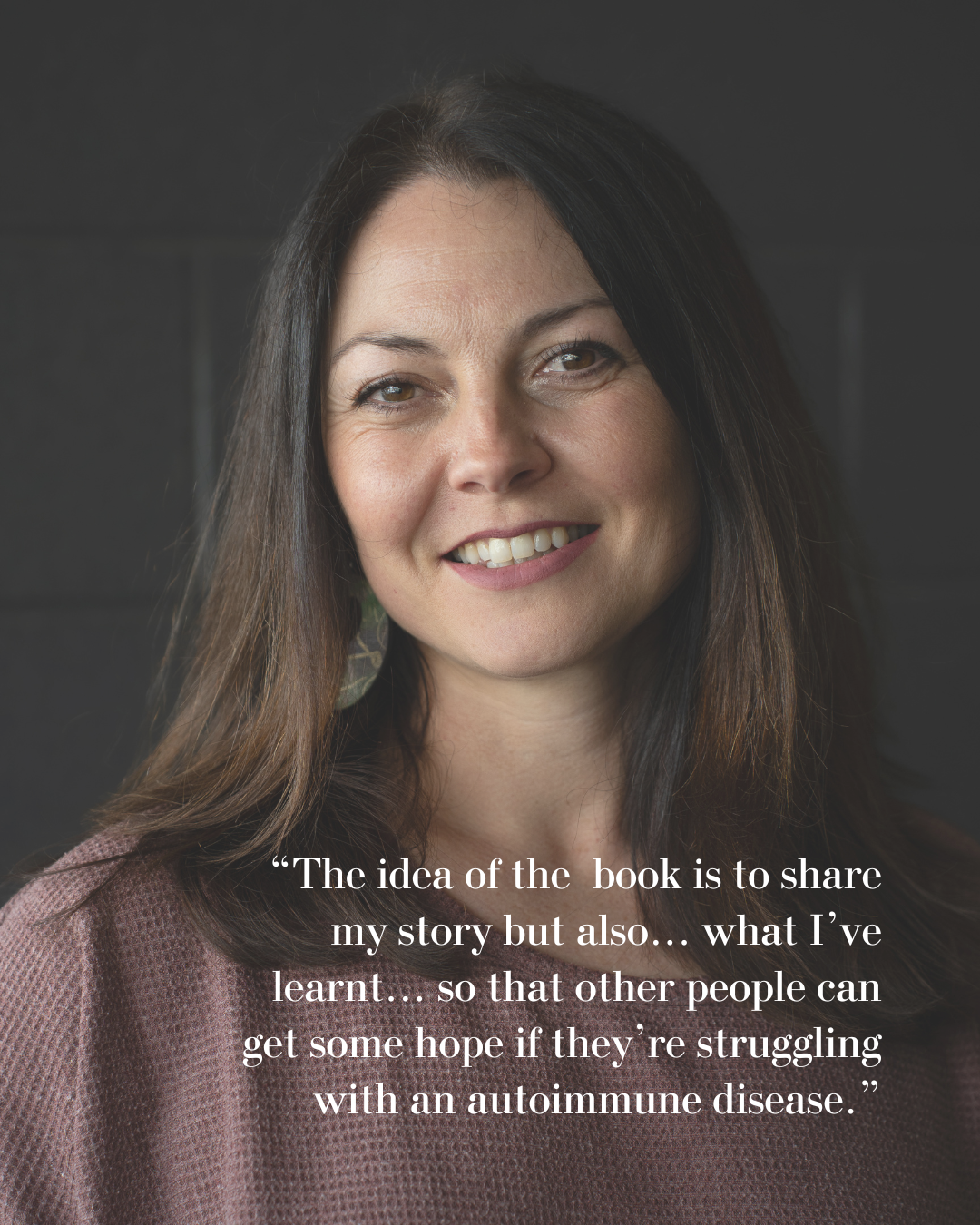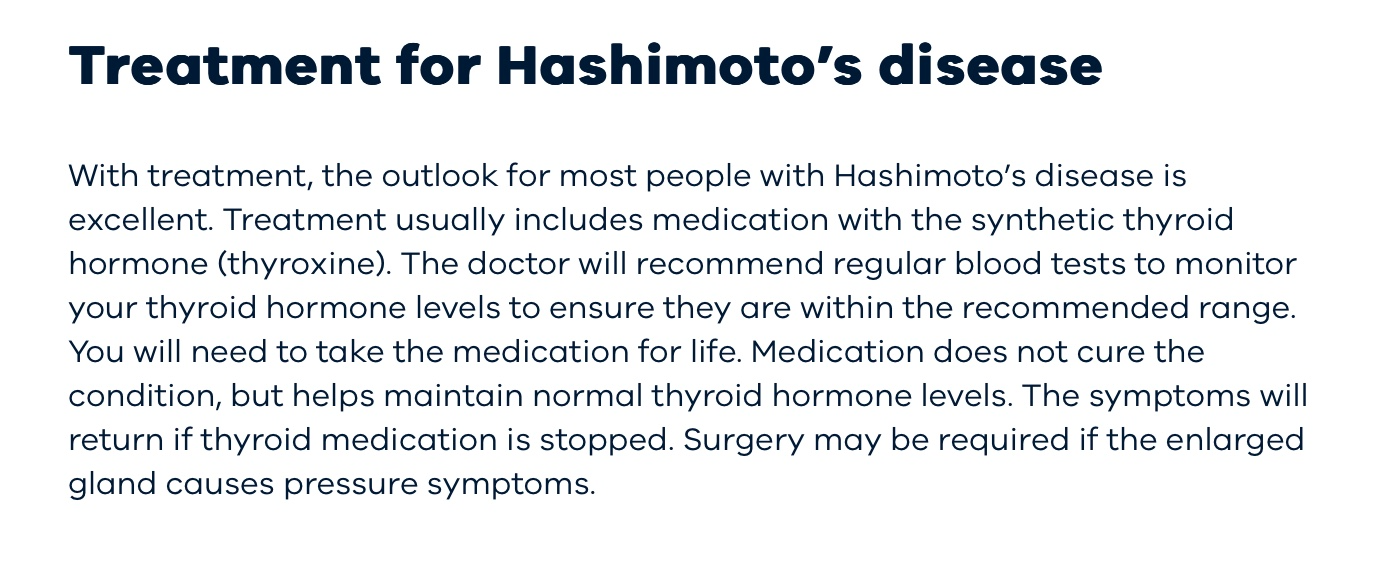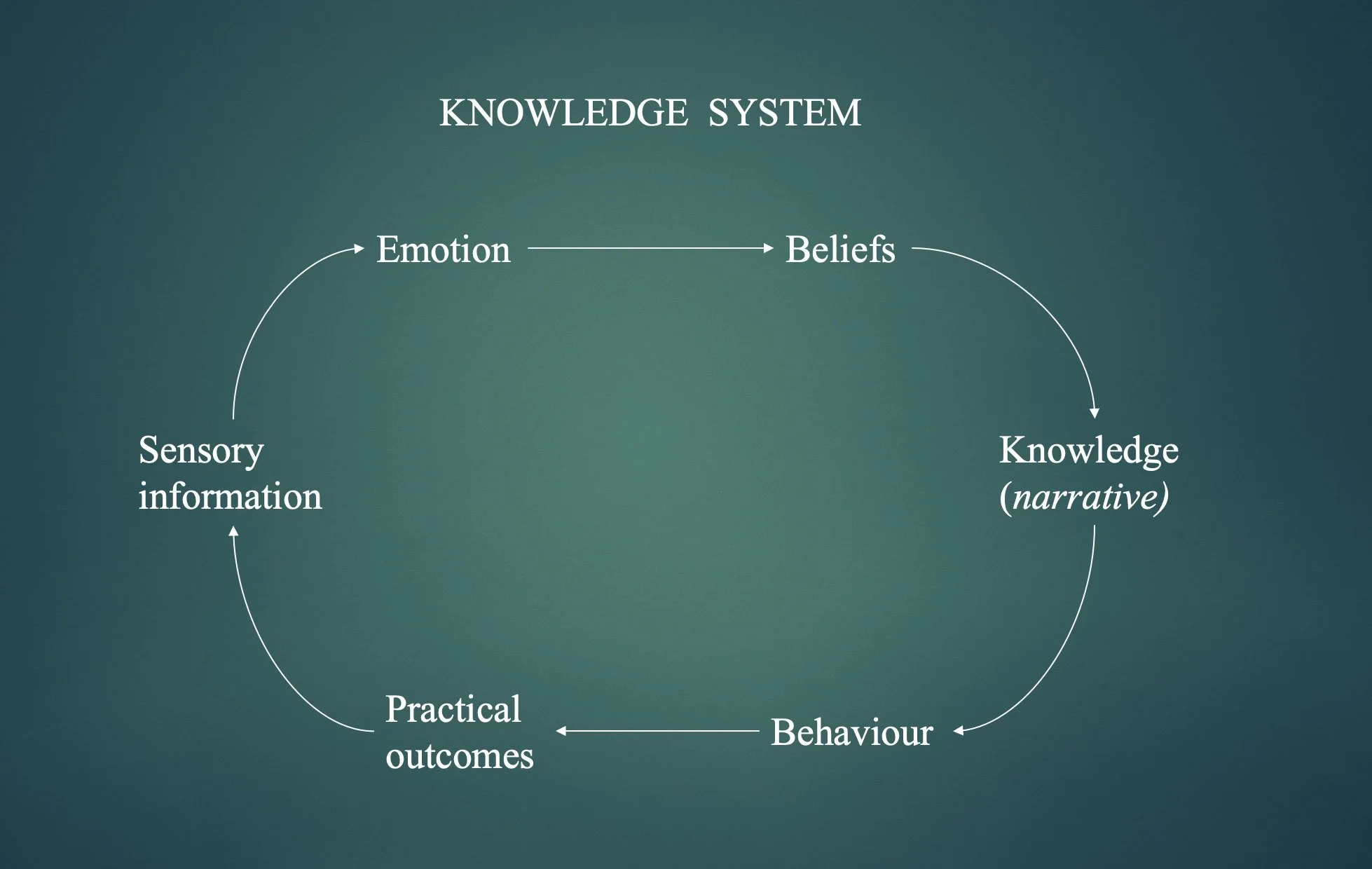How to Reverse an Autoimmune Disease
The first place to start with reversing an autoimmune disease is to believe it’s possible.
Believe it or not, the very first thing that you need to do to heal from an autoimmune disease isn’t change your diet, do a detox, or pay for expensive testing. Some of these things might come later, but I’m a big advocate of doing something else first. It’s also not trying to figure out what the triggers are, though that too will be an important step in your journey.
The very first thing you need to do heal is to decide to. It’s that simple.
I say this not because I think belief will get you all the way to remission (although belief can do a lot on its own, believe me - just listen to this podcast with Ellen Langer). I say it because having the belief that you can do it will provide the basis for your actions and your level of commitment to your health.
It’s really easy to get discouraged and think that your autoimmune condition is incurable, believe me. Everything we see, from government health websites to peer-reviewed articles, seems to suggest that autoimmune conditions cannot be cured and once you have one, you’re stuck with it for life.
Below is an example of how this kind of attitude is disseminated through my state government’s informational health website, Better Health.
What this snippet is saying is that thyroid medication is crucial to manage the condition but that it won’t cure it. This is the entire section for treatment of Hashimoto’s from this source, so the implication is that this is the ONLY treatment option. It also infers that medication is an excellent treatment option and that someone with Hashimoto’s will feel much better once they start medication.
There are two things I would say about this. The first is that a) research shows that changes to diet and lifestyle can be effective in managing symptoms and, in some cases, even reversing Hashimoto’s, and b) not everyone feels better once they begin medication for Hashimoto’s. The anecdotal evidence I’ve seen suggests that a large proportion of people don’t feel better once on thyroid medication or that their relief from symptoms is limited. They still feel tired, have digestive issues, experience swings in mood, or struggle to concentrate.
Meanwhile, you can also often find peer-reviewed research articles that say things like the below.
I think it’s really important to pay attention to semantics here. The abstract above says that remission is possible in autoimmune diseases BUT that current strategies are not able to achieve this. What the author is actually saying is that current medical strategies are not able to achieve remission.
In fact, that’s what both snippets are saying: that we don’t currently have a medical means of successfully and reliably reversing autoimmune conditions. Why? Because, as the above abstract outlines, they’re complex and multi-faceted conditions that no one single medication can treat.
But on top of that, they’re lifestyle diseases.
What is a lifestyle disease?
According to the Oxford dictionary, a lifestyle disease can be defined as:
“any medical disorder or condition thought to be produced or exacerbated by aspects of a person's lifestyle, such as diet and level of physical activity.”
Lifestyle diseases are not something that you get because you were genetically predestined for it. It’s a disease that develops over time through the choices you and/or those caring for you have made.
In essence, the small habits that make up your daily routine aren’t serving your brain or body well. They’re the reason why you’re sick.
A medication won’t change your behaviour. Therefore, it won’t reduce the stress the behaviours cause to your body. It might reduce some of your symptoms (like an underactive thyroid), but at the end of the day, you will still have something making your immune system more active.
This is a why we don’t have medications that reverse autoimmune conditions. The best thing you can do for yourself is change your lifestyle.
BUT… before you do that, you need to get your mindset right. You need to believe that remission is possible.
Here’s why.
What You “Know” Guides Your Decisions - And Behaviours
A model I developed whilst doing my PhD, which focused on human behaviour and decision-making.
The model above is one that I developed over months and years of studying the research on human decision-making and behaviour. This is a very simplified way of looking at how we make decisions based on whatever information we have available to use. It really should have arrows going all over the place because there are multiple feedback loops between each of these different components of the system. But at the end of the day, what we believe informs what we know and what we do is based on what we know. This then leads to whatever practical outcome we have that confirms what we believe; we receive sensory information that either confirms or denies that our actions produced the expected outcome, which leads to a shift in emotional state, which either confirms or challenges our beliefs. If our beliefs are challenged, we may have to readjust them, which then results in a change to our knowledge system and behaviour etc. and so the cycle goes on.
The problem is that when we’re constantly pummelled with information (from doctors and medical authorities) saying that we can’t heal or that remission isn’t possible, then any sensory information that we’re getting to the contrary gets drowned out. We see them as having more authority on the matter than us, so we fail to acknowledge our own experience and live in the belief that there’s no hope.
Let me put this another way. I’m guessing if you’ve read this far, you have an autoimmune disease. Is every single day the same for you with your health? Do you have some days where you wake up and actually feel excited about getting up? But then other days when you’re so exhausted, you can barely drag yourself out of bed? You know when you have the bad days that it’s probably been preceded by something to trigger a flare - too long in the sun, pushing yourself too hard physically, eating gluten if it causes issues for you, one too many drinks, or eating junk food.
But what about on the good days? What triggers those? Is it getting some extra rest the days or weeks before? Eating cleanly? A new supplement you’ve been taking? Spending time with friends and family, people that you love? A good night’s sleep?
Any or all of the things I’ve outlined above can affect how your immune system is functioning day to day. Your health is not a random outcome. It’s not by chance that you feel good on some days and terrible on others.
What I’ve outlined above are all lifestyle behaviours or choices that are within your control. So for anyone to say that “you have no control” over your health is, quite simply, untrue. Yet, this is what the medicalisation of these conditions has done to us - disempowered us, leaving us with no hope of recovery.
And what do you think someone who has no hope of healing does? They don’t even try. They just take their medicine as they’ve been told and pray that things won’t get worse.
This is why believing that remission is the most important thing you can do on your journey towards wellness. You need to believe in it, fight for it, and do what’s necessary to get there.
Want to know more about what you can do to overcome an autoimmune disease? Check out my book, Overcome Autoimmune Disease, for a detailed approach with practical tips and insights to help you reverse your autoimmune condition.
Or, for a more personalised approach, you can book a free discovery call to see if Ecological Nutrition might be right for you.



